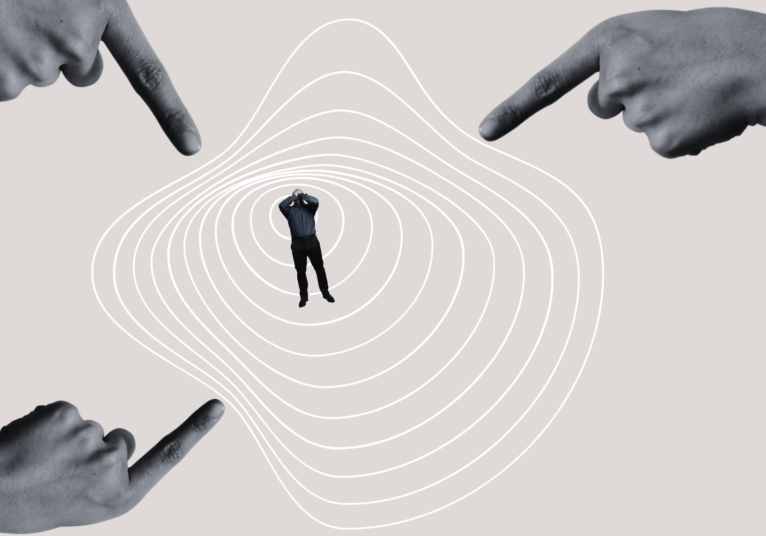Disability discrimination; an employer’s obligations
1 October 2013
Australians with disabilities want to have an opportunity to contribute to the national workforce, rather than being “objects of care”, says Foreign Minister of Australia, Julie Bishop.
According to the Australian Network on Disability, more than 4 million people in Australia live with a disability. Around half that number – 2.1 million – are between the age of 15 and 64 and are therefore of working age.
In this context, a disability has been defined as any condition that “restricts a person’s mental, sensory or mobility functions”, being caused either through accident, trauma, genetics or disease.
Ms Bishop has stressed that stigma could be one of the most significant barriers with attitudes towards disability impacting negatively on economic participation, “It is not right – and it makes no economic sense – that a person’s disability should determine whether they can go to school, or get a job or participate in community life,” she said.
The minister’s comments come following the adoption of a landmark outcome document at the 68th Session of the UN General Assembly in New York last week.
The document has been put in place to serve as a guide to help drive efforts towards creating a “fully inclusive society” over the coming years, according to the UN.
The establishment of this landmark document and the minister’s comments should serve as a reminder to businesses of the importance of taking steps to provide a workplace free of disability discrimination. Knowing what the obligations are for employers in this area is of the utmost importance.
Under the Disability Discrimination Act 1992, it is considered direct discrimination when a person with a disability is treated less favourably than a person without a disability would be in the same or similar circumstances.
At the same time, it is also considered a form of discrimination when people with disabilities are given the same treatment as those without disability, but are disadvantaged or excluded in an unreasonable way as a result. This is usually called “indirect discrimination” and can happen where a policy or established practice in the workplace seems fair on the surface but when more deeply analysed, is found to be unfair to a particular group.
Australian businesses looking to ensure they are treating all employees fairly and are not involved in any form of indirect or direct discrimination, may want to consider the services HR Consulting Firms which can assist in reviewing existing policies and developing an inclusive HR strategy.
Recent iHR articles:
- Discrimination danger: cricket culture clash a lesson for employers
- Racism at work damages productivity says Commissioner
- Investment bank accused of sexism and bullying
- 65 percent of Australians would not speak up about bullying
- Sick and tired – public service sicker than private sector
- Coalition election victory – IR changes affecting your business




